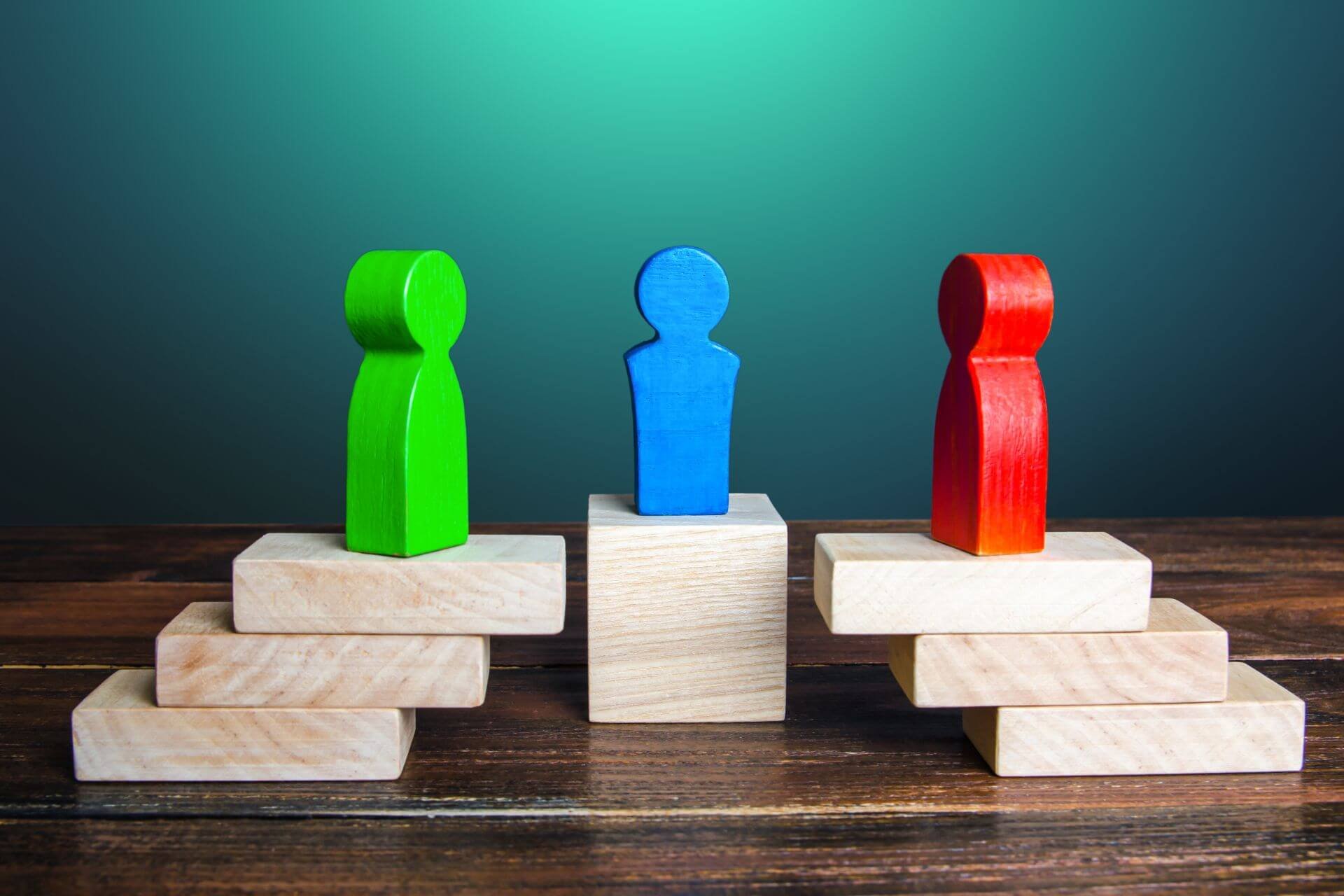Learning to be your “authentic self” with LGBTQ+ affirming therapy
Feeling accepted for who you are is “a fundamental right”, says Jean-Claude Chalmet, founder and leading psychotherapist at The Place Retreats in Bali. For those in the LGBTQ+ community, however, that’s not always easy. Far from it, in fact.
While the queer community has made massive strides in recent years socially, the difficulties still faced in healthcare shouldn’t be underestimated.
“I think the LGBTQ+ community still faces enormous challenges. The first is to be exactly who you are,” says Jean-Claude.
Individuals who belong to this collective often find it difficult to find healthcare professionals who have the cultural understanding and sympathy that issues of gender and sexual identity require. As a result, the journey to recovery can be extremely daunting from the get-go and those who most need help will avoid seeking it.
A high-risk group for mental health issues
Research has historically shown that those who belong to the LGBTQ+ collective have a much higher prevalence of mental health issues. This is primarily because the LGBTQ+ community is especially exposed to prejudice, harassment, family rejection, shame, fear, discrimination and trauma.
Add to this daily workplace challenges and the stress and/or fear of coming out and, unsurprisingly, underlying mental health conditions can form or be further amplified.
If the individual also belongs to an additional group that is marginalised in their society (if they are minority ethnic, for example), this extra external stressor can add even further strain on mental health.
Health care for young LGBTQ+ people, in particular, has been inadequate, often forcing these vulnerable individuals into living inauthentic lives. According to The Trevor Project’s 2021 National Survey on LGBTQ Youth Mental Health, 42 per cent of LGBTQ+ youth seriously considered attempting suicide in the previous year.
What’s more, queer communities are also proven to be at higher risk for substance use disorders. This is because when your mental health is affected, unhealthy coping mechanisms (turning to drugs, alcohol etc.) can easily develop.
The importance of being understood
Addiction is a mental health issue like many others experienced by members of LGBTQ+ communities. However, this group of people often lacks access to mental health care that stands a chance of being effective.
For recovery to be fruitful, the process has to be holistic and so-called “LGBTQ+ affirming”. “People that visit me for the first time often say, ‘I have something to tell you, but I don’t quite know how to do it’ and ‘I’m not sure how you’re going to react’,” says Jean-Claude.
“If your therapist is not able to understand, accept and work with you exactly as you are, my advice would be to change therapist.”
Therapists can only encourage clients on a journey towards personal growth and empowerment by helping them define and understand their own personal values. If a healthcare provider is sufficiently skilled, they will understand that there is more to you than your gender or sexuality and encourage you to be the best and most authentic version of yourself.
At the end of the day, as a client, you have to feel comfortable sharing private and intimate details about yourself. Only then can you fully commit to the parts of your life that bring you the most joy.
Specialist medical support for trans patients
When seeking any kind of medical care, there is never a one-size-fits-all solution. Trans clients, for example, could be concerned about the way any new prescriptions or a detox process may interact with their hormone replacement therapy (HRT). Any combination of these factors could create yet another unintended change in body chemistry.
Another concern during any transition might regard body image. Eating disorders can be common among trans patients, with statistics in a 2018 study showing that 16 per cent of trans people have been diagnosed with such a disorder.
This can partially be attributed to attempts to create a physical appearance that more closely matches their gender identity.
Finding the right balance of treatment and medication can be hard – and, more importantly, it takes time. This is why finding access to gender-affirming care throughout the process of detox and recovery is so vital.
The “chosen family” and their role in the therapy process
For many members of the LGBTQ+ community, a family can be a complex and sometimes painful concept, with many adopting a “chosen family” that is different to their biological family.
As your health has an impact on your loved ones, involving your family in your therapy can be an important element of your recovery process. However, respecting boundaries is vital. An individual dealing with rejection from their family because of their sexuality or gender identity must feel free to include only the family they wish to include.
LGBTQ+ affirming treatment at The Place
The LGBTQ+ community faces many unique stressors. Culturally sensitive healthcare providers fully understand that these specific hardships won’t disappear. They can, however, help you navigate whatever obstacles life may throw at you.
The Place Retreats in Bali offers queer-friendly rehab programs that are designed to assist and support individuals, couples and groups to reach their goals and become the best version of themselves.
The practice is led by world-renowned psychotherapist Jean-Claude Chalmet, a member of myGwork, a business community for LGBTQ+ professionals, students, inclusive employers and anyone who believes in workplace equality. He is fluent in seven languages and his counselling is confidential, affirmative and non-judgmental, regardless of race, gender, sexual orientation, religion, politics, culture or nationality.
In 2015, Jean-Claude realised his lifelong dream by setting up a retreat centre for psychotherapy and family therapy in combination with Kundalini yoga and meditation in Seminyak, Bali.
The Place offers guests immersive luxury retreats that span stays as short as a week or as long as 90 days. It offers guidance and treatment for multiple mental health conditions (including depression), emotional abuse, sexual or self-esteem issues, anger management, addiction and dysfunctional relationships.
To find out more, get in touch today.





